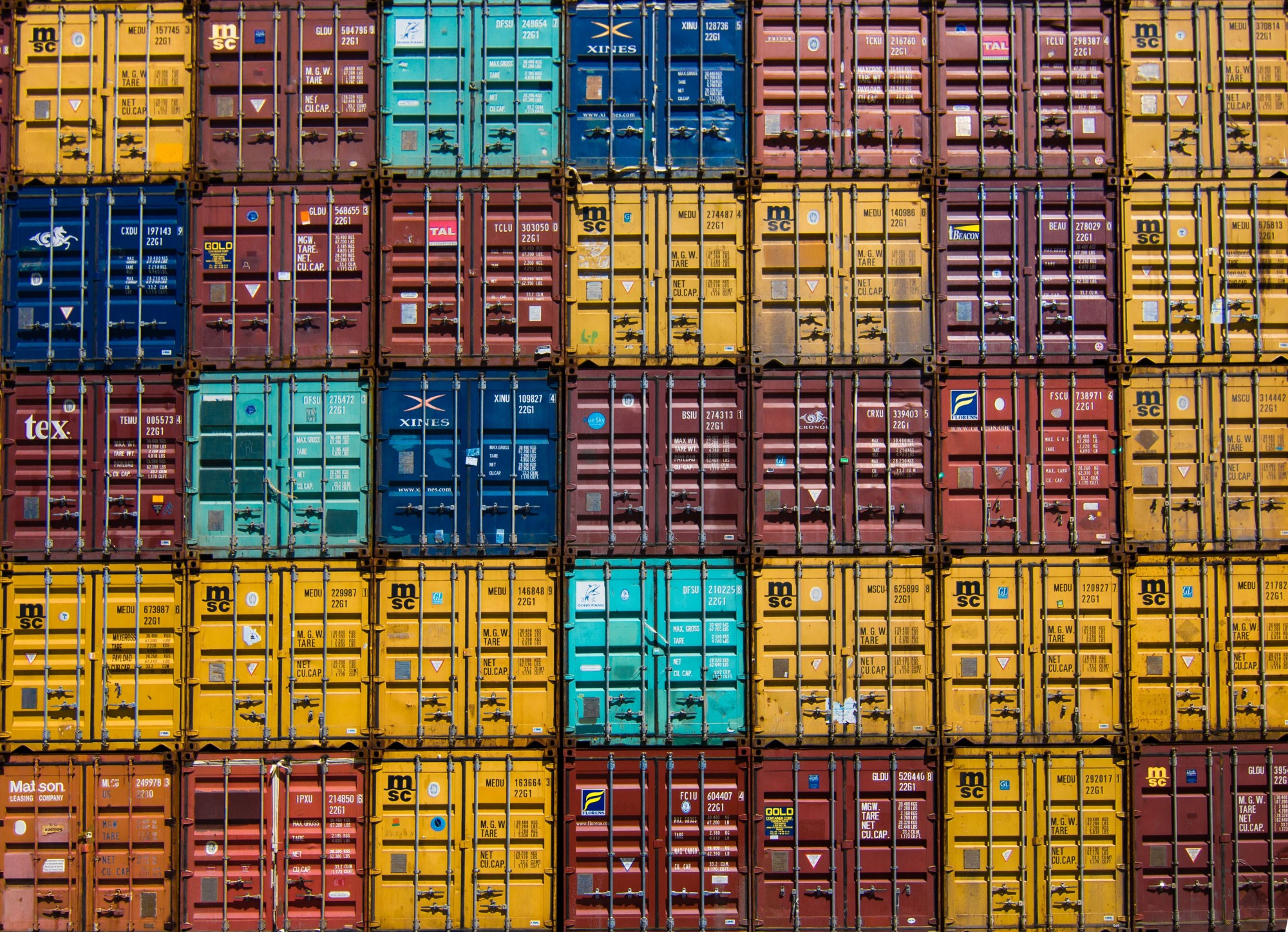Did you know: there are more than 90,000 cargo ships and other commercial vessels in the world? What’s more, each ship can be loaded with more than 18,000 containers!
This huge fleet means there are plenty of options for shipping by ocean if you need to transport a large quantity of goods.
In this article, we’ll cover everything you need to know about international cargo shipping. This includes how to organize your freight’s journey and the different container options you can choose between.
If you’re interested in freight shipping, read on!
When Is Cargo Shipping Cheaper Than Air Freight?
If you need to transport a large number of goods, it’s important to consider the options available to you. Depending on the weight, journey, and time constraints, it’s worth considering which is your best option for transport.
Generally speaking, if your cargo weighs more than 200 kgs, then cargo shipping is going to be cheaper than air freight. The more you ship in terms of weight, the more beneficial international freight shipping becomes, due to its sliding scale of costs.
Full vs. Less Than Containers
The majority of containers shipped by ocean are ‘dry containers’. This means that they are fully enclosed, unlike open-top containers or flat rack containers which have collapsable sides.
Dry containers can be sent as a Full Container Load (FCL) which should be used when you can fill the container to 75% capacity or more. Meanwhile, Less Than Container Loads (LCLs) involve sharing the container space with other shippers.
The LCL method is cheaper but can take longer for your goods to be transported, and there is also a greater risk of damage and loss.
What Are the Costs Involved With Freight Shipping?
There are several fixed costs that apply to international cargo shipping. These include docking fees, freight forwarder fees, customs expenses, and security costs.
As these are flat fees that apply no matter what the weight of goods is that you are shipping, the larger your shipment, the smaller overhead percentage these fixed costs take up.
However, if time is not a great concern (the East Coast of the U.S. to China can take more than 30 days), shipping by ocean is often a better economic option than air freight.
What Is a Freight Forwarder?
A freight forwarder is an agent which organizes the transport of your shipments, such as http://freight180.com/ or http://www.flexport.com/. Individuals are not able to book freight transport themselves – a freight forwarder is required.
They will provide you with a quote for your cargo shipping and deal with all of the logistics involved.
They can also provide many additional services, such as picking up your goods from a factory, and unshipping and delivery to a final destination.
Now You’re Ready to Start Shipping by Ocean
We’ve covered all the basics now of how to ship cargo internationally. When will you organize your first shipment?
Shipping by ocean clearly has many benefits and should not be overlooked when you need to transport a substantial amount of goods.
If you found this post helpful, be sure to check out our other articles!

